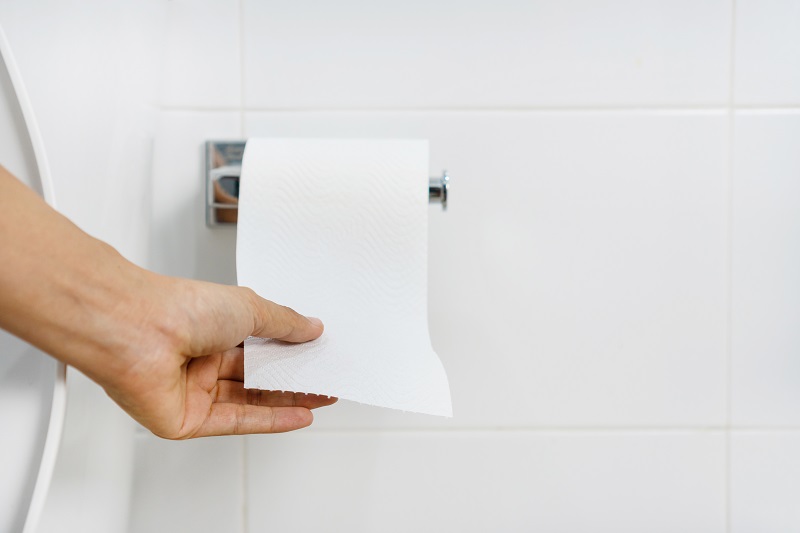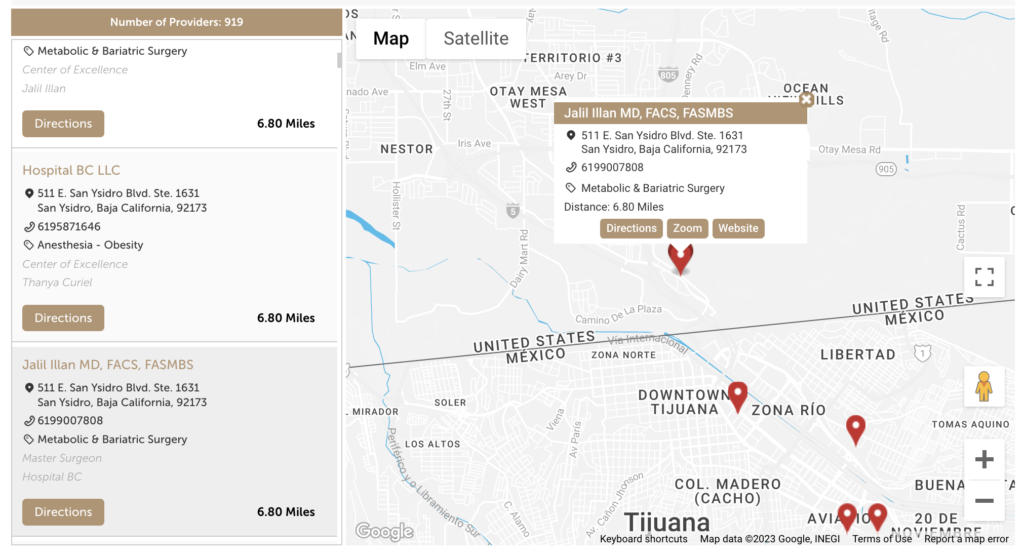Constipation is a real problem for bariatric surgery patients, although it’s not often talked about in mixed company. If you recently got gastric sleeve surgery and are experiencing constipation, you’re not alone! Constipation is one of the most often cited “side effects” of surgery, particularly one that people don’t necessarily expect.
So what causes constipation after gastric sleeve surgery? Why do some people experience slow bowel movements after gastric sleeve? This article will explain why.
What Causes Constipation After Gastric Sleeve Surgery?
Pain Medications
Pain medications, particularly opioids, are notorious for “blocking up” the intestine. This could cause constipation, so long as you’re taking them.
After the recovery period, you should be able to cycle off your pain medications. Ask your doctor about pain management after gastric sleeve.
Lack of Hydration
Your stomach size after gastric sleeve surgery will be about 20% of what it used to be. This will make it harder to consume water. As a result, you won’t have enough hydration to support gut motility.
Low Fiber Intake
Because you’re not eating as much food, you also won’t be eating as much fiber. Not only that, but high fiber foods aren’t recommended to be reintroduced until later. Oatmeal is an excellent food for early in the post-op diet if you’re not getting enough fiber.
Low Caloric Intake
After getting gastric sleeve surgery, you won’t be eating much more than 1,200 calories per day. This is likely a fraction of what you were eating pre-op.
As a result, it’s perfectly normal to have bowel movements as little as 2-3 times per week. If you’re having small, infrequent bowel movements, that’s okay as long as they’re not painful or causing discomfort.
Learn more about life after gastric sleeve surgery in this article!
How Do You Eliminate Constipation After Gastric Sleeve Surgery?
Drink more water.
Most doctors will recommend that you consume about 64 fl oz of water (just under 2 liters) every day. You’ll have to consume this throughout the day in small sips, however.
Eat more fiber.
You may have been told to avoid fibrous foods, however it’s okay to up your fiber content particularly after you’ve finished the most restrictive parts of the post-op diet.
Foods like oatmeal and barley meal can help you digest your food. You can also consume a fiber supplement such as Metamucil to help speed up bowel movements.
Laxatives as a last resort.
Laxatives can be dangerous for someone who just underwent gastric sleeve surgery. The reason for this is that dehydration is a constant concern after getting any kind of bariatric procedure. It’s harder to drink enough water because of your stomach’s reduced size, and consuming a laxative can cause your body to lose valuable water and electrolytes.
However, if your constipation is severe, using a stool softener like Miralax can help relieve some of the pressure. Just remember to hydrate and get enough electrolytes! It’s highly recommended not to use a laxative without your doctor’s approval.
If you’re looking for gastric sleeve surgery in Tijuana, Mexico, Dr. Jalil Illan can help. Schedule a consultation today!






